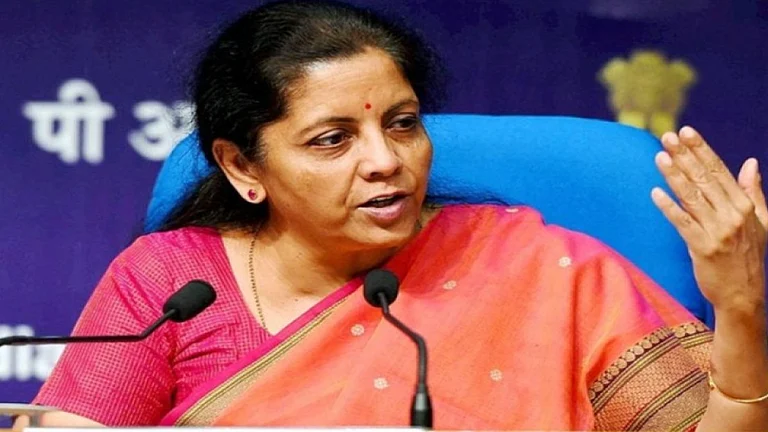Creditors and debtors can consider pre-packaged insolvency resolution process based on prudentially realistic cost-benefit evaluations as that could be a potential game changer in resolving stress assets, RBI Governor Shaktikanta Das said on Thursday.
At a conference on the Insolvency and Bankruptcy Code (IBC) organised by the Centre for Advanced Financial Research and Learning (Cafral) here, Das cited data from the IBBI and flagged long delays with respect to the resolution process.
The Insolvency and Bankruptcy Board of India (IBBI) is a key institution in implementing the IBC.
"... if we have to take stock of the IBC implementation journey and its impact so far, there are significant positive indications as well as learnings, suggesting a need for some course correction, which include adopting a pre-packed resolution process and also group insolvencies," he said.
The governor opined that the muted response to the Pre-Packaged Insolvency Resolution Process (PPIRP) was because of the hesitancy on the part of the financial creditors in approving the proposals under this mechanism, wherein the haircut is perceived as voluntary.
However, he said "PPIRP will incentivise the promoters to constructively engage with creditors, possibly even before occurrence of any default event, leading to swift and smoother resolutions, avoiding unnecessary adversarial litigations.
"Overall, this could be a win-win situation for both creditors and debtors".
He noted that once this perception is established, there could be a greater acceptance of this mechanism for larger corporate debtors as well, as and when the statutory enablers are in place.
Thus, in their own interest, the creditors and debtors may consider adopting PPIRP in applicable scenarios based on prudentially realistic cost-benefit evaluations. "PPIRP could be a potential game changer in this regard," Das said.
PPRIP has already been rolled out for MSMEs but not many takers are there.
According to him, there are many factors for the delays in insolvency resolution process such as the evolving IBC jurisprudence, litigatory tactics by debtors, lack of coordination among creditors and poor judicial infrastructure.
Though the insolvency mechanism has been graduating towards a zone of stability through various concerted measures, Das said one visible impediment seems to be the absence of a clear framework for group insolvency.
In the domestic context, without a specified framework, the group insolvency mechanism has been so far evolving under the guidance of the courts. There has been quite a bit of brainstorming on this issue in the policy circles for some time now. The task now is to move forward through appropriate legal changes, he said.
Das also flagged the lack of a vibrant market for stressed assets in the secondary market in the country as a major impediment for implementing a successful resolution.
"This (lack of secondary market) effectively limits the pool of prospective resolution applicants for stressed assets under the IBC. In fact, this applies to even our regulated entities when they transfer their stressed assets outside the IBC process.
"A robust secondary market in loans can be an important mechanism for management of credit exposures by the lending institutions," the governor said.


























.jpg?w=200&auto=format%2Ccompress&fit=max)




